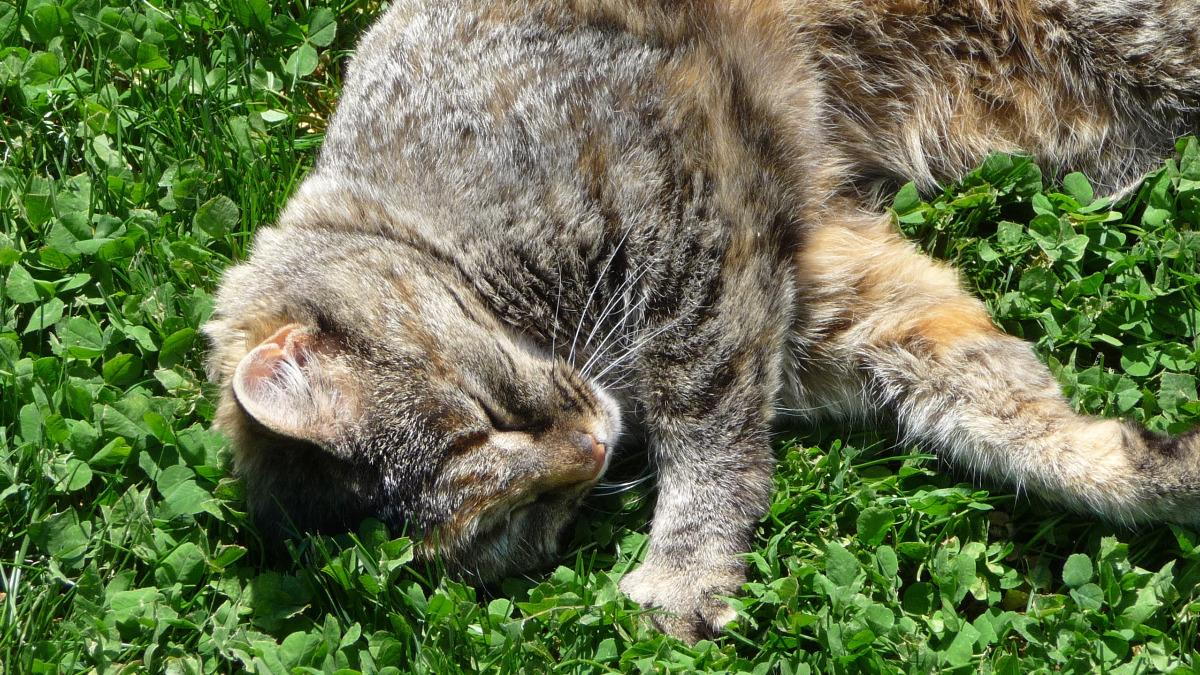Feline Leukemia Virus in Cats

- posted: Jan. 03, 2021
Feline Leukemia Virus in Cats
Feline leukemia is fairly common in cats, especially outdoor cats. This virus is contagious, but only to other cats and it is spread from one cat to another by close contact such as cats grooming each other, bite wounds, and occasionally through shared food or water bowls. The virus can also be passed from mother cat to kitten in the uterus and through milk when nursing. Kittens have a higher risk of becoming infected than adult cats. The virus does not live for more than a few hours in the environment.
Feline leukemia can cause a variety of symptoms. Initially, cats may be asymptomatic. There are a small number of cats who become infected and never show symptoms, but can carry and spread the virus. Symptoms include anemia, weight loss, fever, inflamed gums and may also cause persistent or recurrent upper respiratory signs such as sneezing and nasal discharge or chronic diarrhea. Basically, feline leukemia weakens the immune system, leaving cats susceptible to a host of bacterial, viral and fungal infections. Cats with feline leukemia also have a higher risk for cancer, especially lymphoma.
Feline leukemia is usually diagnosed with a simple, rapid blood test, though it takes about four weeks after exposure before a cat will test positive. An effective vaccine exists and is recommended for all kittens as well as for any cats who spend time outdoors. The vaccine does not, however, protect every cat so keeping cats indoors and screening any new cats or kittens before bringing them into your household is the best way to protect your cat.
Feline leukemia generally has a poor prognosis, though it is not necessarily an immediate death sentence. Most affected cats live for an average of 2.5 years from the time of diagnosis. However, if a cat or kitten is seriously ill and tests positive for leukemia, euthanasia is often the kindest option.
Patton Veterinary Hospital recommends testing all kittens when they are 10-12 weeks of age or older and vaccinating any cats who go outside to reduce the chance of infection. Indoor cats are at lowest risk for feline leukemia so keep cats inside if possible to protect them from being exposed.
This blog brought to you by the Patton Veterinary Hospital serving Red Lion, York and the surrounding communities.
Location
Patton Veterinary Hospital
425 E Broadway
Red Lion, PA 17356
